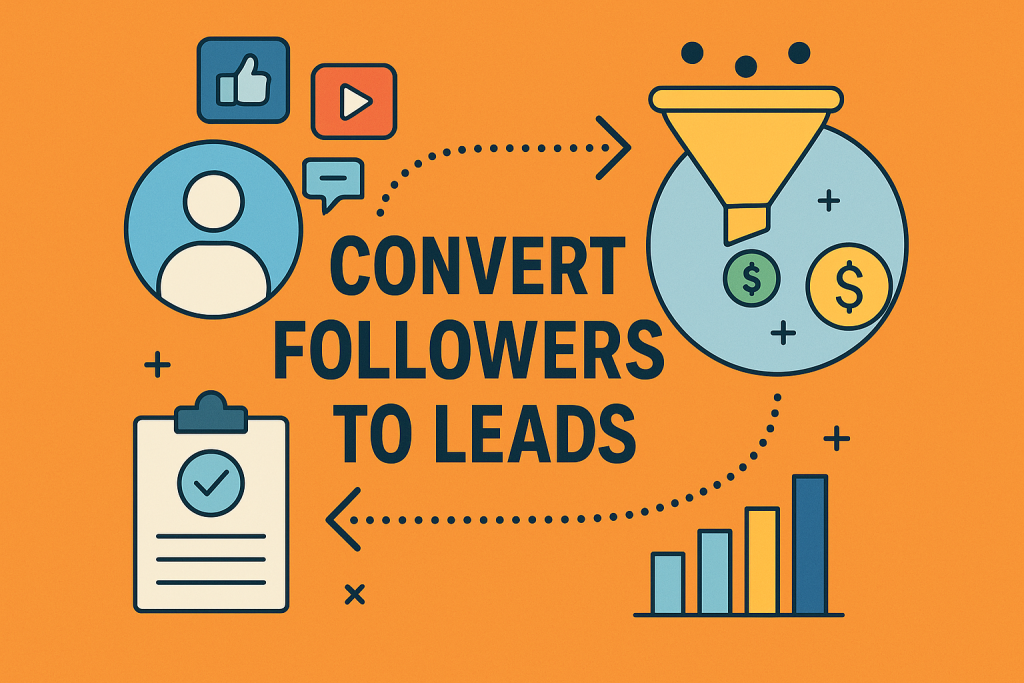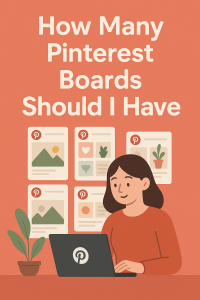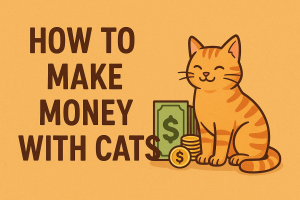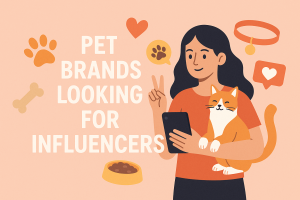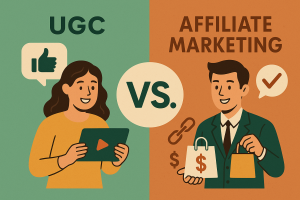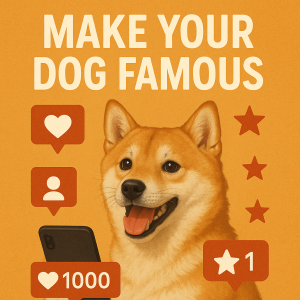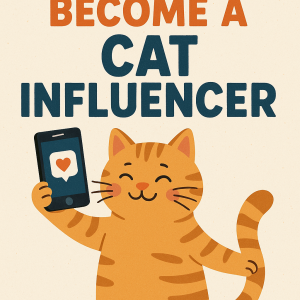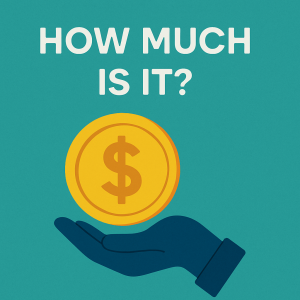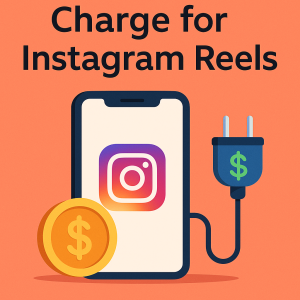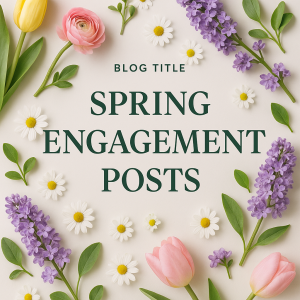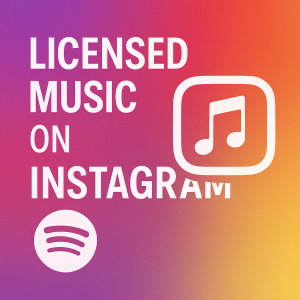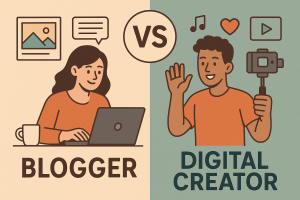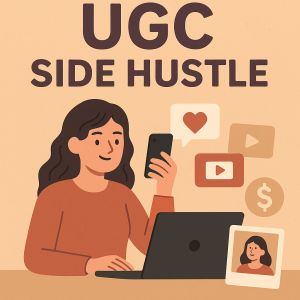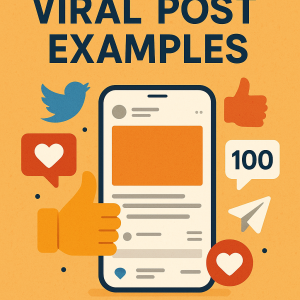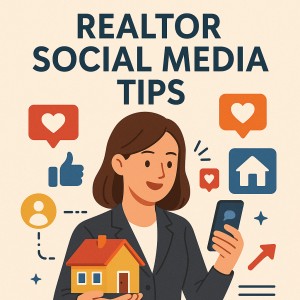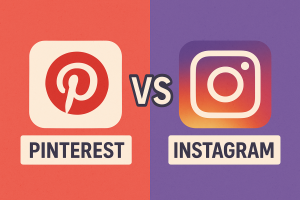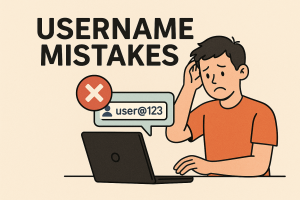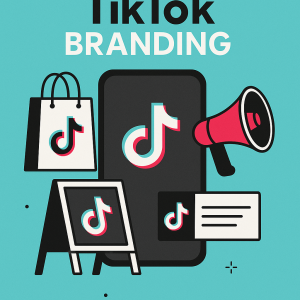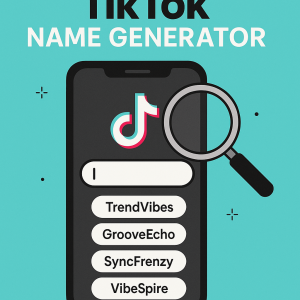Building a strong social media presence feels rewarding, but here’s the truth: audience growth alone doesn’t pay the bills. With Statista projecting 3.43 billion global social users by 2023, brands face fierce competition for attention. The real win lies in transforming casual scrollers into committed buyers.
Why does this gap exist? Many businesses focus on vanity metrics like follower counts instead of nurturing relationships. A Buffer study reveals that engagement rates drop as audiences grow, making personalized connections harder. Without a roadmap, even viral content rarely drives sales.
This article skips the fluff. You’ll discover practical methods to align your social efforts with revenue goals. From crafting irresistible offers to designing low-friction pathways, we break down what works now in today’s crowded digital space.
Key Takeaways
- Growing followers is just the first step—meaningful engagement drives sales.
- Over 3.4 billion people use social platforms, creating endless opportunities.
- Clear strategies outperform random posting by 300% (Buffer data).
- Content must balance entertainment and clear calls-to-action.
- Trackable tactics ensure you refine what works over time.
Insights into Social Media’s Impact on Business Growth
Social platforms now serve as global town squares where brands interact with billions daily. Statista reports over 3.4 billion active users worldwide—a goldmine for businesses ready to tap into diverse communities. Let’s explore how this scale fuels visibility and credibility.
Understanding the Expansive Social User Base
Platforms like Instagram and LinkedIn host everyone from teens to CEOs. This mix lets brands reach niche groups or broad audiences. For example, a vegan skincare line can target eco-conscious buyers through hashtags like #CleanBeauty, while tech firms network with professionals via LinkedIn articles.
Buffer’s research shows brands using geo-targeted posts see 2x higher engagement. Localized content helps cut through noise, turning casual viewers into loyal advocates.
Key Benefits for Brand Visibility and Trust
Social media turns satisfied customers into megaphones. Take outdoor gear company REI: their #OptOutside campaign encouraged users to share hiking photos. This UGC-driven effort boosted sales by 23% while strengthening community trust.
| Platform | B2B Impact | B2C Impact |
|---|---|---|
| Generates 80% of B2B leads | N/A | |
| N/A | Drives 87% of product discoveries | |
| TikTok | 14% brand growth (2023) | 67% purchase influence |
Authenticity matters. Brands posting behind-the-scenes content see 33% higher follower retention. People crave real stories—not polished ads. A bakery sharing “failed cake” bloopers gained 12K new fans in a month, proving relatability builds connections.
Creating a Detailed Buyer Persona for Targeted Engagement
Imagine walking into a party knowing exactly who to talk to—buyer personas work similarly. These research-backed profiles help businesses cut through digital noise by focusing on high-value customers. A fitness apparel brand, for instance, might target millennials who value sustainability and HIIT workouts.
Identifying Demographics and Interests
Start with basics: age, location, income. Then dig deeper. What podcasts do they stream? Which social causes matter? Urban planners at a bike-sharing company discovered 68% of their customers cared about carbon footprints. They launched #PedalForThePlanet contests, boosting app downloads by 41%.
| Persona Element | Generic Approach | Targeted Strategy |
|---|---|---|
| Content Topics | Broad industry news | Niche pain points (e.g., “5 Budget Hacks for Solo Entrepreneurs”) |
| Engagement Rate | 1.2% | 4.7% |
| Lead Quality | 35% conversion | 62% conversion |
Addressing Audience Pain Points
A project management tool company found their customers struggled with remote team coordination. They created tutorial series showing real agency workflows, reducing onboarding time by 30%. Personalized marketing like this builds trust—79% of consumers say tailored content influences purchases.
Three ways to refine personas:
- Analyze support tickets for recurring issues
- Conduct 15-minute customer interviews
- Track which blog topics drive leads
When marketing aligns with specific needs, you attract leads ready to buy—not just browse. A pet food brand using this approach saw 22% fewer returns by matching products to dietary needs revealed in surveys.
Establishing a Consistent Social Media Presence
Consistency isn’t just about frequency—it’s about building rhythm in your audience’s daily scroll. Brands that post regularly see 3x higher engagement than sporadic updaters, according to HubSpot. A cohesive strategy turns random shares into a reliable dialogue.
Blueprint for Reliable Content Delivery
Start with a content calendar. Map themes to days: #TipTuesday for quick hacks, #StorytimeThursday for customer journeys. Tools like Buffer or Hootsuite let you batch-create and schedule weeks ahead. One marketing team cut weekly workload by 60% using automated workflows.
| Posting Frequency | Engagement Rate | Trust Score |
|---|---|---|
| 1x/week | 1.8% | Low |
| 3x/week | 4.1% | Moderate |
| Daily + Stories | 6.9% | High |
“Audiences don’t crave perfection—they crave presence. Show up even when you don’t feel ‘ready.’”
Timing matters. Social media marketing thrives on rhythm. Post when your audience scrolls—lunch breaks or evenings. Analytics show 11 AM and 7 PM EST drive 28% more clicks for US brands.
Three scheduling hacks:
- Dedicate Mondays to brainstorming viral-worthy hooks
- Use Canva templates for quick visual consistency
- Repurpose top-performing posts every 6 weeks
Quality beats quantity. A single how-to video outperforms six generic memes. Balance educational posts (40%), entertainment (30%), and promotions (30%) to keep feeds fresh yet purposeful.
Engaging Your Audience Through Interactive Dialogue
Think of your social media feed as a coffee shop conversation—not a megaphone announcement. Platforms thrive when brands listen as much as they speak. Research shows companies prioritizing interactive engagement see 47% higher customer loyalty than those relying on one-way broadcasts.
Initiating Conversations and Polls
Start with open-ended questions. Beauty brand Glossier asks followers to vote on new product shades via Instagram Stories. This simple tactic drives 12K+ votes per poll while gathering real-time preferences. “Polls aren’t just fun—they’re free R&D,” says their social lead.
Three benefits of interactive content:
- Builds community through shared decision-making
- Identifies unmet needs (e.g., 62% of users want vegan options)
- Boosts post visibility via algorithm-friendly participation
Responding to Comments and Feedback
Starbucks replies to 89% of tweets within 30 minutes, often using humor. A customer joking about “needing IV coffee” received a playful IV bag graphic—a moment shared 4K+ times. Quick, human responses turn complaints into bonding opportunities.
“Every comment is a hand raised in class. Answer it, and you’ve earned a student for life.”
Pair social interactions with email follow-ups. A fitness coach sends free workout guides to users who engage with live Q&As, achieving a 33% conversion rate to paid plans. Timeliness matters: leads contacted within an hour are 7x likelier to convert.
Leveraging User-Generated Content and Testimonials for Trust
Nothing sells your brand better than your customers’ voices. When user-generated content floods your feed, it acts as living proof that real people love what you offer. Take Apple’s #ShotOniPhone campaign—millions shared photos taken with their phones, driving a 34% higher click-through rate than polished ads.
Maximizing the Power of Real Experiences
UGC works because it’s relatable. A travel agency asking clients to tag them in vacation reels saw a 27% boost in bookings. Why? Authenticity cuts through skepticism. Compare this to traditional ads:
| Content Type | Engagement Rate | Conversion Lift |
|---|---|---|
| UGC Posts | 4.5% | 19% |
| Brand-Created Ads | 1.2% | 6% |
Three ways to spark UGC:
- Run photo contests with prizes for featured entries
- Share customer stories in Instagram Reels
- Create branded hashtags like #MyGoToOutfit
Building Social Proof Through Testimonials
Glowing reviews turn hesitant scrollers into confident buyers. A SaaS company adding video testimonials to their landing page increased sign-ups by 41%. Trust grows when prospects see peers vouching for you.
“Testimonials are peer recommendations in digital form. They answer the silent question: ‘Why should I trust you?’”
Highlight diverse voices. A skincare brand mixes quotes from teens and dermatologists, appealing to both followers seeking quick fixes and science-backed results. This balance builds credibility across audiences.
Proven Tactics to Convert Followers to Leads
Turning social media engagement into revenue requires precise tools. Brands that master this shift see 73% higher sales growth than competitors relying on organic reach alone. Let’s explore how strategic nudges and follow-throughs make the difference.
Mastering the Art of Directional Content
Clear prompts guide audiences toward decisions. Shopify’s Instagram posts pair product demos with “Shop Now” buttons, driving 18% more clicks than generic links. Effective CTAs share three traits:
- Time sensitivity (“48-hour flash sale”)
- Specific value (“Get free shipping”)
- Action-oriented verbs (“Start your trial”)
| CTA Type | Platform | Avg. Conversion |
|---|---|---|
| Limited-Time Offer | 9.2% | |
| Educational Guide | 14% | |
| Interactive Quiz | TikTok | 22% |
Building Momentum Through Automated Sequences
Emails keep potential buyers engaged post-click. HubSpot found segmented campaigns based on social interactions achieve 34% higher open rates. A skincare brand using this method:
- Sent skincare quizzes via Instagram Stories
- Delivered personalized routines via email
- Followed up with discount codes
This sequence boosted repeat purchases by 29% in three months.
“Automation isn’t robotic—it’s delivering the right message before they forget your name.”
Track click-through rates and A/B test subject lines weekly. Tools like Mailchimp show which content moves people from “interested” to “invested.”
Utilizing Influencer Collaborations for Broader Reach
49% of consumers now trust influencer opinions more than brand ads. This shift makes strategic partnerships a game-changer for expanding reach. By teaming up with creators who resonate with your company values, you tap into ready-made communities of engaged followers customers.
Take Daniel Wellington’s ambassador program. The watch brand grew from startup to $220M revenue by gifting products to nano-influencers. These creators shared wrist shots using #DWPickoftheDay, driving 12M+ user-generated posts. Authenticity fueled their success—real people showcased the product in daily life.
| Collaboration Type | Engagement Rate | Cost Efficiency |
|---|---|---|
| Sponsored Posts | 5.8% | $$ |
| Organic Partnerships | 8.3% | $ |
Three steps to find ideal partners:
- Analyze creators’ audience demographics (age/location/interests)
- Review past campaigns for brand alignment
- Check engagement quality—not just follower counts
A skincare company boosted credibility by collaborating with dermatologist influencers. These experts explained product science through Instagram Reels, leading to a 37% sales jump. Their followers customers valued expert-backed recommendations over generic ads.
“Influencers are bridges between brands and communities. Choose partners who’d genuinely use your product off-camera.”
Balance paid and organic approaches. Gymshark’s athlete ambassador program mixes sponsored workout videos with unprompted gym selfies. This blend keeps content fresh while maintaining trust with media followers.
Crafting Compelling Content That Drives Conversion
Great content acts like a magnet—pulling audiences closer while quietly guiding them toward decisions. The secret? Matching formats to viewer preferences and weaving stories that stick. Let’s explore how strategic content choices turn casual clicks into committed actions. Whether you’re working with content creators and bloggers, knowing how to nurture those audiences can boost conversions.
Choosing the Right Content Formats
Not all formats work for every audience. Tech brands thrive with tutorial videos, while lifestyle companies see higher conversions through Instagram carousels. Research shows:
| Format | Engagement Rate | Conversion Lift |
|---|---|---|
| Short Videos | 8.4% | 12% |
| Infographics | 5.1% | 7% |
| Live Streams | 11.3% | 18% |
HubSpot boosted demo requests by 29% after shifting from blog posts to bite-sized LinkedIn videos. Their product team showcased software features through real client scenarios—proving visual learning drives results.
Employing Storytelling for Emotional Engagement
Facts tell, but stories sell. Adobe’s #CreateWithHeart campaign shared customer journeys through photo essays. This approach increased free trial sign-ups by 34% compared to technical spec sheets.
“Stories turn features into feelings. When people see themselves in your narrative, they’re halfway to buying.”
Three storytelling tips:
- Start with relatable struggles (“We’ve all faced this…”)
- Use before/after transformations
- End with clear next steps
Balance is key. Blend educational value with emotional hooks. A cybersecurity firm reduced bounce rates by 41% after explaining encryption through “data heist” analogies in their YouTube series.
Optimizing Social Media Landing Pages & Automated Campaigns
Your audience is scrolling—but will they stay? Hootsuite reports 90% of social users view content on phones. Clunky pages lose 53% of visitors in three seconds. Mobile-first design isn’t optional—it’s survival.
Design Best Practices for Mobile Engagement
Fast-loading pages keep thumbs from swiping away. Aim for under two-second load times. Use sticky CTAs like “Download Now” that stay visible during scroll. One SaaS brand saw a 29% lift in sign-ups by simplifying forms to three fields max.
| Element | Desktop | Mobile |
|---|---|---|
| Avg. Conversion | 4.1% | 6.8% |
| Bounce Rate | 41% | 63% |
Automation bridges social clicks and website actions. Connect Instagram lead forms to email sequences. A travel agency automated voucher deliveries after quiz completions, boosting bookings by 18%.
“Mobile pages are handshakes. Make them firm, quick, and purposeful.”
Three mobile must-haves:
- Vertical video previews matching Stories formats
- Thumb-friendly button sizes (minimum 48×48 pixels)
- Instant chat support via Messenger plugins
Sync your media marketing efforts. Promote landing pages through Pinterest Idea Pins or LinkedIn carousels. Track which platforms drive quality traffic using UTM codes—then double down on winners.
Measuring, Analyzing, and Refining Your Strategy
Numbers don’t lie—they light the path forward. In social media marketing, success hinges on tracking what works and pivoting quickly. ClickZ reveals brands that analyze metrics weekly see 22% faster growth than those relying on guesswork.
Key Metrics and Analytics Tools
Start by defining clear KPIs. Track engagement rates, click-throughs, and conversion trends. Tools like Google Analytics and Hootsuite break down which posts drive action. For example, one eco-brand discovered their Instagram Reels had 3x higher engagement than static posts—leading to a 35% boost in sales.
| Tool | Best For | Pricing Tier |
|---|---|---|
| Buffer | Post Performance | Free-$99/month |
| Sprout Social | Competitor Analysis | $249-$499 |
Three metrics that matter:
- Bounce Rate: Pages under 40% keep visitors hooked
- Social Shares: Content with 500+ shares builds credibility
- Lead Quality: High intent clicks beat vanity traffic
Adjusting Tactics Based on Customer Feedback
Listen louder than you post. A fitness brand redesigned workout guides after users called them “overwhelming.” Simplifying layouts increased email sign-ups by 41% in two months.
“Feedback is free R&D. Treat every comment like a roadmap to better campaigns.”
Use polls to test ideas before launch. When 68% of a tech company’s audience preferred video tutorials over blogs, they shifted resources—cutting support tickets by 29%.
Three action steps:
- Review feedback during weekly strategy meetings
- Tag negative comments in analytics for pattern spotting
- Create “feedback loops” by asking users to rate improvements
Innovative Tactics for Maximizing Social Media Conversions
Gamification turns everyday interactions into exciting challenges audiences can’t resist joining. Brands like Starbucks and Sephora use playful tactics to boost participation—think scratch cards for discounts or spin-the-wheel giveaways. Research shows campaigns with game elements see 42% longer engagement times compared to static posts.
Contests That Spark Action
Family.com’s “Design Your Dream Backyard” contest generated 18K entries in two weeks. Participants submitted mood boards using branded hashtags, driving a 29% increase in email sign-ups. These events work because they blend fun with clear rewards:
- Offer prizes aligned with your products (e.g., free subscriptions)
- Require email submissions for entry
- Share user entries as social proof
| Contest Type | Engagement Rate | Lead Quality |
|---|---|---|
| Photo Challenges | 8.1% | High |
| Trivia Quizzes | 6.3% | Medium |
| Video Submissions | 11.4% | Very High |
Easypromosapp helped a bakery run a “Name Our New Cupcake” contest. Followers voted via Instagram Stories, resulting in a 37% sales jump for the winning flavor. Interactive polls doubled as market research, revealing popular flavor trends.
Three tips for success:
- Set clear rules to avoid confusion
- Promote across all channels (Stories, posts, email)
- Announce winners publicly to build trust
“Contests aren’t just about prizes—they’re about creating moments people want to share.”
Track metrics like shares per entry and time spent on contest pages. These insights help refine future campaigns for maximum impact.
Conclusion
Mastering social media’s potential requires more than just posting—it demands precision. Through targeted strategies like buyer personas and interactive campaigns, businesses transform casual browsers into committed prospects. Data shows brands using these methods achieve 34% higher sales growth than competitors.
Success hinges on three pillars. First, align content with your target audience’s core needs. Second, test formats relentlessly—live streams outperform blogs by 18% in conversions. Third, let analytics guide improvements. Companies reviewing metrics weekly grow 22% faster.
Real-world results prove the approach. Brands blending storytelling with clear calls-to-action see 41% more sign-ups. Automated follow-ups boost repeat purchases by 29%, while influencer partnerships lift credibility by 37%. These aren’t theories—they’re tactics verified across industries.
Your business growth starts now. Implement one strategy today—whether refining landing pages or launching UGC contests. Track what moves your unique followers customers from likes to loyalty. Consistent effort beats fleeting trends every time.
Social media isn’t a megaphone. It’s a dynamic tool for building relationships that fuel sales. Start small, track diligently, and watch engaged communities become your strongest business allies.

